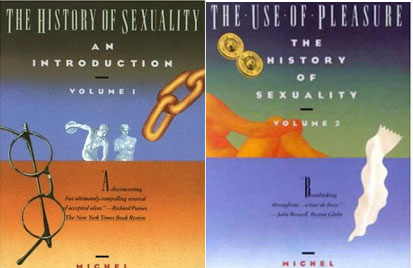Last week, Reddit brought together several experts on the history of sexuality for an “Ask Me Anything” thread.
Ask Me Anythings, or AMAs, are moderated discussions on Reddit where users can ask experts and celebrities questions about themselves or their expertise.
The topic of sexuality has been of particular interest to critical theorists since the publication of Foucault’s three volume series “The History of Sexuality,” which argued that sexuality is one of the many sites where power regulates bodies.
The panel included experts on pornography, eunuchs, LBGTQ history and more.
You can see the full thread here, but here are some highlights.
#4 A Big Package Wasn’t Always Desirable, And Was Usually Invoked by Scientific Racism
After being asked about when and how large penises became desirable, user Caferelli answers
At the start of colonialism and through the heyday of scientific racism (human zoos, preserved specimens, eugenics, all that goodness), African “ethnographiers” (I don’t totally want to dignify them with that term) were OBSESSED with the size of African penises, and they were used as evidence of African peoples’ animal nature, over-sexed mind, and lack of evolution. And, naturally, this nature, embodied in their penis, meant they needed colonizing and careful help. So at least still in the 20th century in the Western mind large penises were still seen as crude and undesirable.
Take for example “The Negro as Distinct Ethnic Factor in Civilization” which was published in Medicine in 1903, where the growth of a large penis by black men caused them stop all educational growth at puberty. After that
He will walk the alleys late at night with a penis swollen with disease, and infect his bride-to-be with the same nonchalance that he will an hour later exhibit when cohabiting with the lowest of his race.
Concurrent to that discussion, however, was lots of popular commentary about women preferring these large black penises above all others. Often with some nice harem orientalism as well.
And if you browse around less savory parts of Reddit than our own little academics corner here, you’ll find penis size and racism still go hand in hand. So, in an answer, I’m not personally sure large penises have totally positive connotations yet.
I’m currently reading about this in A Mind of Its Own: A Cultural History of the Penis which is a popular history book, but reasonably well cited and rich in primary source quotes.
#3 Interracial Relations Were A-OK in Ancient Rome, Inter-class Relations Were Not
iamapizza asked:
heyheymse responded:

